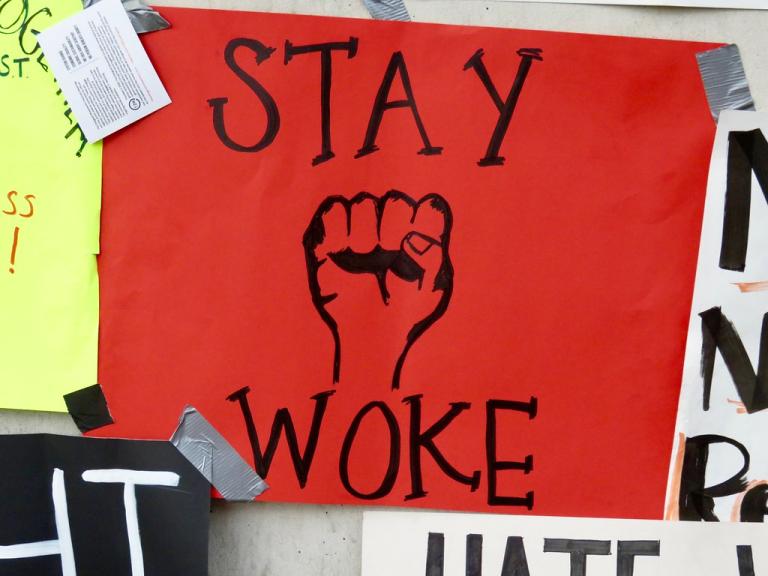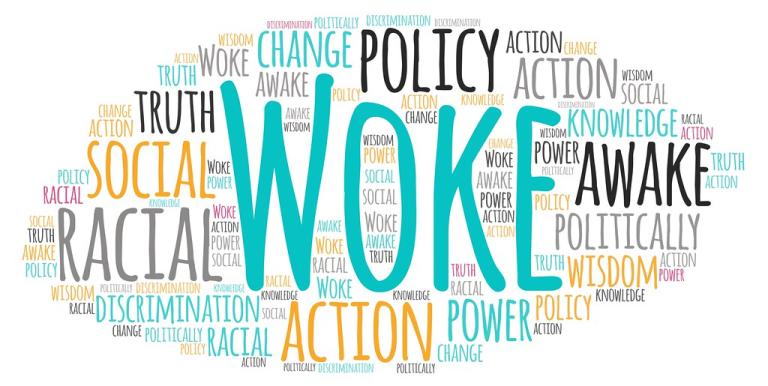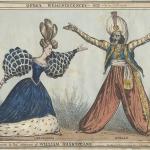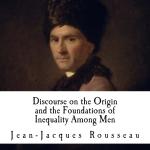In recent years, “wokeness” has become a cultural phenomenon that is difficult to define precisely, yet its influence is pervasive. It’s often associated with social justice movements. At its core, however, wokeness is a worldview shaped by profound skepticism toward grand narratives— those overarching stories that give meaning and coherence to history, culture, and identity.
Ironically, even as wokeness rejects grand narratives, it simultaneously creates its own framework based on identity and tribal membership, essentializing people according to their marginalized or privileged status. This tension reveals both the strength and the fundamental flaw of wokeness as a worldview.
1. The Rejection of Grand Narratives
One hallmark of wokeness is its deep suspicion of grand narratives. In postmodern thought, which heavily influences woke ideology, grand narratives—like the idea of progress, the American dream, or religious metanarratives—are seen as tools of oppression. They are viewed as sweeping generalizations that mask the experiences of marginalized groups, imposing a “universal” story that really only serves the interests of those in power.
Jean-François Lyotard, one of the key figures in postmodernism, famously defined postmodernity as “incredulity toward metanarratives.” In this view, grand narratives are seen as manipulative stories constructed by those in power to maintain control.
For instance, the narrative of meritocracy, which suggests that anyone can succeed through hard work, is dismissed within woke circles as a myth that perpetuates inequality by ignoring systemic barriers. The woke worldview resists any story that claims universal truth, favoring instead a plurality of perspectives, especially those from the margins.
2. Identity and Tribal Membership as the New Grand Narrative
However, even as wokeness critiques grand narratives, it constructs a new one centered on identity and tribal membership.
In the woke framework, history and society are primarily understood through the lens of power dynamics between oppressor and oppressed groups. Identity categories—race, gender, sexuality, and more—become the primary lenses through which people’s experiences and perspectives are evaluated. The story of history, according to wokeness, is one of systemic oppression and marginalization, where the central concern is the struggle between these groups.
This creates an essentialist view of people, where individuals are primarily defined by their group identity. For example, being Black, female, or LGBTQ+ is seen as determinative of one’s experience, perspective, and even moral authority. Conversely, being white, male, or heterosexual is often associated with inherent privilege and complicity in systems of oppression. The complexity of human experience is reduced to whether one is marginalized or privileged, oppressor or oppressed.
This approach can be seen as a new kind of grand narrative, one that defines the world strictly in terms of identity politics. It’s a framework that not only explains history but also dictates morality, social priorities, and even epistemology. In other words, who you are determines what you know and how much your voice should be valued.
3. The Irony and Consequences of Essentialism
The irony is striking: while wokeness rejects grand narratives for being too simplistic and oppressive, it ends up creating its own rigid narrative that essentializes people based on their identity. The result is a worldview that often overlooks individual differences and personal agency in favor of fixed categories that define people as either victims or oppressors.

This essentialism has significant consequences. It encourages a form of tribalism where dialogue across differences becomes nearly impossible. Since identity categories determine one’s standpoint, those who are seen as privileged are often dismissed as lacking the moral authority to speak on certain issues.
Conversely, those from marginalized groups are given a kind of epistemic privilege—what some call “standpoint epistemology”—where their experiences are considered more authoritative simply because of their identity. While it’s true that marginalized voices need to be heard, wokeness can lead to a situation where the content of what is said matters less than the identity of the speaker.
Moreover, this approach risks perpetuating the very divisions it claims to resist. By focusing so heavily on identity categories, wokeness can re-inscribe the boundaries between groups, making reconciliation and mutual understanding more difficult. Rather than fostering a shared vision for justice that transcends identity, it deepens the divides, leading to more fragmentation.
4. A More Nuanced Approach
There is a better way to address the issues that wokeness seeks to highlight—one that acknowledges the reality of systemic injustices while avoiding the pitfalls of essentialism and tribalism. From a Christian perspective, the biblical narrative provides a grand story that transcends identity politics while still taking seriously the experiences of those who have been marginalized.
The gospel offers a different kind of identity, one that is rooted not in our tribal affiliations but in our union with Christ. Galatians 3:28 reminds us that in Christ, “there is neither Jew nor Greek, slave nor free, male nor female, for you are all one in Christ Jesus.” This doesn’t erase our differences or ignore the realities of injustice, but it places them within a larger story where reconciliation, justice, and love are possible.
The Christian narrative doesn’t flatten identity but reorders it under the lordship of Christ. It allows us to acknowledge systemic issues without reducing people to mere representatives of their group identity. It calls us to see each person as made in the image of God, with unique dignity, worth, and potential, while also recognizing the social dynamics that can distort those relationships.
Conclusion
Wokeness highlights real problems in our society, such as systemic injustice and the importance of hearing marginalized voices. However, its simultaneous rejection of grand narratives and its creation of an identity-based narrative reveals a deep inconsistency.
The challenge for Christians is to engage these issues with both compassion and discernment, offering a narrative that is broad enough to include everyone while deep enough to address the complexities of identity, power, and justice.
In Christ, we find a grand narrative that doesn’t oppress but liberates, not by essentializing people but by calling them into a new, redeemed identity that transcends tribalism and points toward genuine reconciliation.














